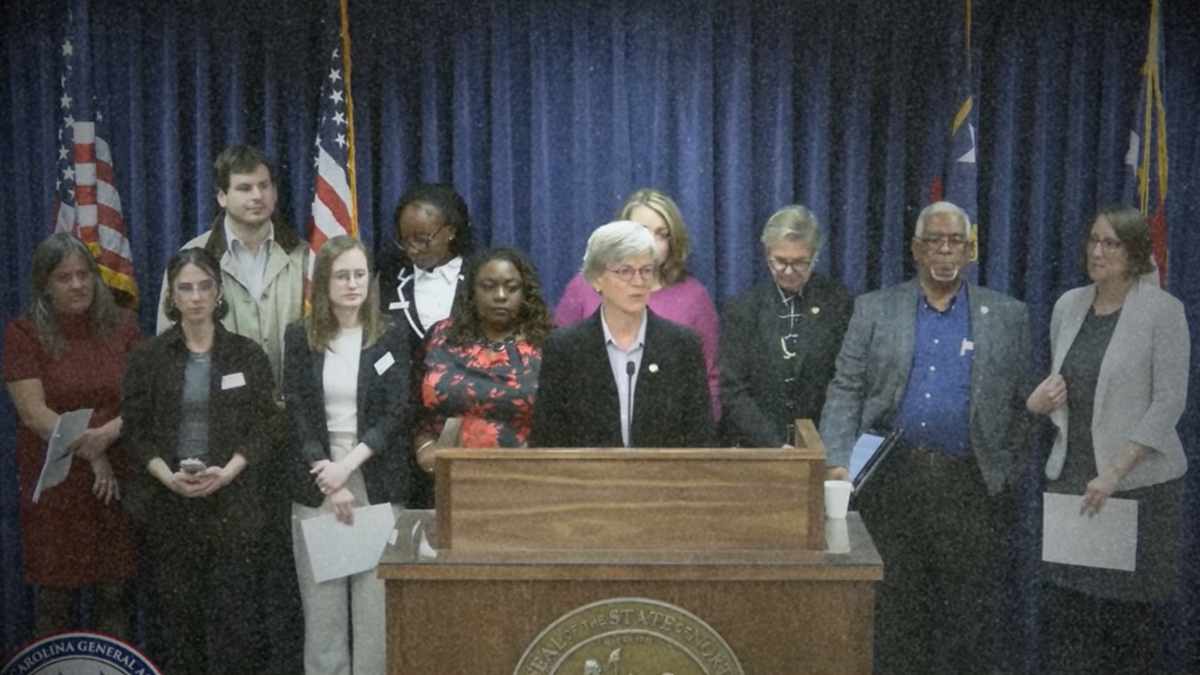Source: Editorial Board
In November, the Republican-controlled General Assembly passed Senate Bill 382, a Hurricane Helene “relief” bill that doesn’t provide any relief but does strip power from Democrats and change how elections are run in North Carolina.
Knowing that they had lost their veto-proof supermajority for the next session, Republicans attempted one last power grab at the expense of North Carolinians who needed help putting their lives back together following Helene.
The bill passed both chambers and was vetoed by Gov. Roy Cooper before the Thanksgiving holiday. Republicans still have a veto-proof supermajority and successfully overrode the governor’s veto in the Senate on Dec. 2. Three Republican House members, all of whom represent areas devastated by Helene, sided with Democrats in voting against the relief bill so there was hope among some that an override of the governor’s veto might fail in the House.
The bill moves $227 million from the state’s reserves to a Helene relief fund, but the bill states that money can’t be spent until it has been appropriated at a later, undetermined date. Instead, the main point of the legislation is to weaken the powers of the incoming Democratic governor, lieutenant governor, attorney general and state superintendent.
Republican Reps. Mike Clampitt, Karl Gillespie and Mark Pless originally voted against SB 382 in November. Only Pless explained his reasoning to the press, saying that SB 382 “appears to do nothing for western NC.”
Pless told Carolina Public Press the night before the override vote that he hadn’t decided how to vote but hadn’t seen anything that made him want to support the bill. He added that constituents from both parties had asked him not to support the override and that “my focus has been on disaster relief more than anything.”
Only one of the three needed to vote against overriding the veto to prevent the disastrous, undemocratic legislation from becoming law. None of them had the guts to stand up to the members of their party and vote against it, and none cared enough about their districts to stand up for the towns and the people they represent who will gain nothing from the passage of this so-called “relief” bill.
Neither Clampitt, Gillespie nor Pless spoke during the debate ahead of the vote or explained why they changed their vote afterward.
“The people of western North Carolina are desperate for help from their state government,” Gov.-elect Josh Stein said after the override vote. “Yet, this bill is a power grab, not hurricane relief. It is despicable for the Republicans in the General Assembly to use folks’ incredible need for aid to cloak their political pettiness.”
Cooper and Stein filed a complaint in Wake County Superior Court the day after SB 382 passed. The complaint names state Republican leaders Rep. Tim Moore and Sen. Phil Berger, as well as North Carolina State Highway Patrol Cmdr. Freddy Johnson. Cooper and Stein said SB 382 violates the separation of powers and unconstitutionally reduces executive power.





